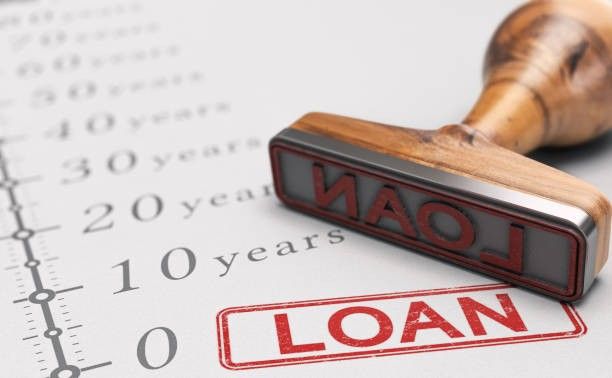Running your own business can be exciting, but getting finance when you are self-employed can be tough. Many lenders see self-employed people as higher risk because income can go up and down. Without a regular salary or long financial history, it can be harder to prove you can afford repayments.
The Struggles of Self-Employed Borrowers
Self-employed workers often face extra checks when applying for a loan. Lenders usually ask for at least two years of accounts, bank statements, and proof of future income.
According to the Office for National Statistics, there are over 4.2 million self-employed people in the UK, and many struggle with access to finance because income can be unpredictable. A survey by the Federation of Small Businesses found that only about 50% of small firms got the full amount of finance they applied for in recent years.
This can make growth harder, especially if you need money for equipment, staff, or marketing but don’t have big savings.
Personal Loans
One option is a personal loan. These loans are based on your personal credit score rather than your business records. They can be easier to get if you have a good credit history and steady income from your business.
However, personal loans are usually smaller — often up to around £25,000 — and you are personally responsible for paying them back. They work best for small business expenses or short-term needs.
Invoice Finance
If your business sends invoices to clients, invoice finance can help. With this option, a lender gives you most of the value of an unpaid invoice upfront. You then repay the lender when the customer pays.
This can solve cash flow problems because you don’t have to wait weeks or months for clients to pay. Many self-employed people in sectors like construction or design use invoice finance to keep projects moving.
Secured Loans
Secured loans let you borrow larger sums by using an asset, like your home or business property, as security. Because the loan is backed by something valuable, interest rates are often lower, and you can borrow more money — sometimes over £100,000.
The risk is that if you cannot repay, the lender could take the asset to recover the money. This option is best for long-term investments where you are confident about future income.
Choosing the Right Option
Before choosing a loan, think about:
-How much you need to borrow
-How quickly you can repay it
-Whether you want to risk personal assets
If your income is uneven, you might start with a personal loan or invoice finance. If you need bigger sums for growth, a secured loan could be the answer. With careful planning, self-employed borrowers can find finance that helps their business grow despite the challenges.








